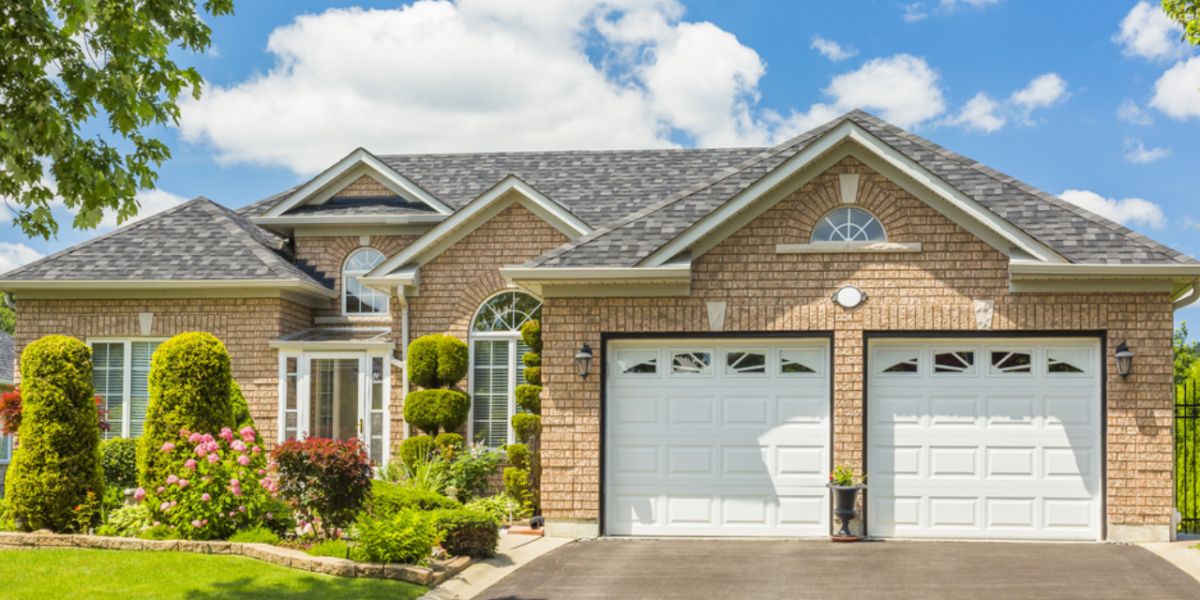
If you're planning to stay in Toronto for more than one night, the first thing to consider is where you'll be living. Before arriving, you likely looked for temporary accommodation, but if you're planning an extended stay, should you think about purchasing a home or apartment? Let's explore the Toronto real estate market.
Real estate prices in Toronto, like the rest of Ontario, are continually increasing. According to Nesto, a mortgage appraisal site, the benchmark price for single-family homes in Toronto increased by 2.9% year-over-year, reaching C$1,388,900 in July 2023. To counter this growth, in 2017, the provincial government implemented a 15% tax for foreign investors who are neither permanent residents nor Canadian citizens. Additionally, since January 1, 2023, with the enactment of the Non-Canadian Residential Real Estate Prohibition Act, non-Canadians cannot buy residential real estate in Canada for a duration of 2 years.
If the law doesn't apply to you, and you haven't run away after discovering Toronto's housing prices, you can explore classified ads and walk through your preferred neighborhoods, keeping an eye out for sale signs. Another option is reaching out to different real estate agencies in Toronto, as listed in the yellow pages. However, bear in mind that if you're not a permanent resident or Canadian citizen, getting a mortgage might be challenging. You'll likely need to fund the purchase of your Toronto property on your own, especially considering the two-year ban in place for non-Canadians.
Alternatives to buying a home in Toronto
Once you've settled in during your initial days in Toronto, it's time to begin your search for a permanent place to stay. Look out for “for rent” signs displayed by landlords for available residences. Before they agree to rent you a property, many landlords may request a letter from your current or most recent employer stating your annual salary, along with bank statements proving you have enough funds to cover the first 2 or 3 months' rent. Additionally, having a reference letter from your previous landlord vouching for your good conduct can be beneficial. Familiarize yourself with the tenant and landlord laws applicable in Ontario. Keep these considerations in mind when meeting with a landlord.
Securing a place to live in Toronto can be quite challenging, given the high demand and limited supply. However, with some determination, you're sure to find what you need. The scarcity of available spaces is one reason why it's advisable to consider living with a roommate when you first arrive in Toronto. This way, you can familiarize yourself with the city and eventually find a place to call your own.
To enhance your housing search, consider arriving in Toronto around the middle of the month. Real estate rentals typically begin on the first of each month, leading to an influx of available options around the 15th as some tenants move out.
Explore online platforms like Craigslist, where you can find listings for both rental properties and real estate for sale in Toronto. Additionally, browse through dedicated Facebook groups focused on rental opportunities.
Renting a house in Toronto
Many landlords will request a security deposit equivalent to half of the monthly rent before permitting you to move in. It's not uncommon to encounter unfurnished rentals, in which case, furnishing the space becomes your responsibility. However, the upside is that you can keep the furniture when you decide to move out. Additionally, tenants may be responsible for covering bills related to water, electricity, and other utilities if these expenses are not already included in the lease.
Rental contracts in Toronto are generally for a fixed term, usually one year. Once the term is up, the agreement can be renewed for another year. You can also switch to a monthly lease.
Landlords may decide to increase rents after a residence has been rented out, but provincial law mandates that tenants must be notified of any such increase 90 days before it takes effect. Furthermore, this type of increase can only happen once in 12 months. In 2023, Ontario set the legal rate of rent increase below inflation at 2.5%.
Toronto real estate scams
Toronto homes come in various tastes, sizes, styles, and locations. If you're a first-time visitor to Toronto, you may be vulnerable as a newcomer, as scammers might attempt to deceive you. Some could take advantage of your urgency to find accommodation by advertising properties that don't actually exist and then absconding with your money once you've paid. Ensure you know the identity of the person you're dealing with to avoid being scammed. While most of these scams occur online, a few individuals may also post fake properties in physical locations, such as streets or local newspapers and magazines. Take your time before making any payments for a vacant space, and make sure to visit the property to confirm that you're dealing with a legitimate person.
Useful links:
We do our best to provide accurate and up to date information. However, if you have noticed any inaccuracies in this article, please let us know in the comments section below.








